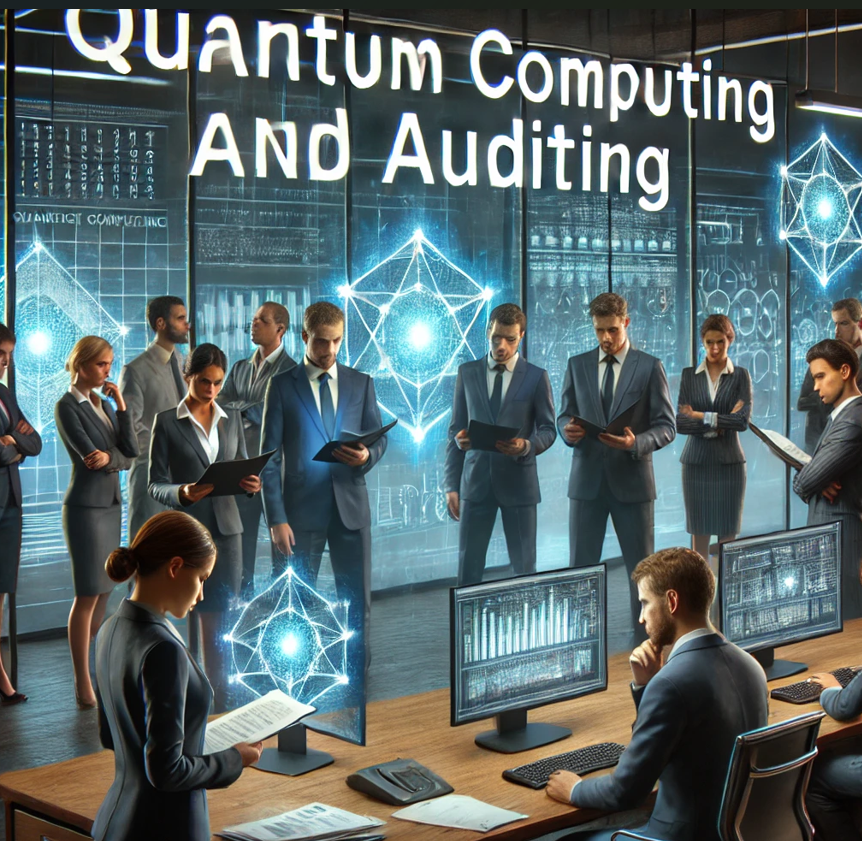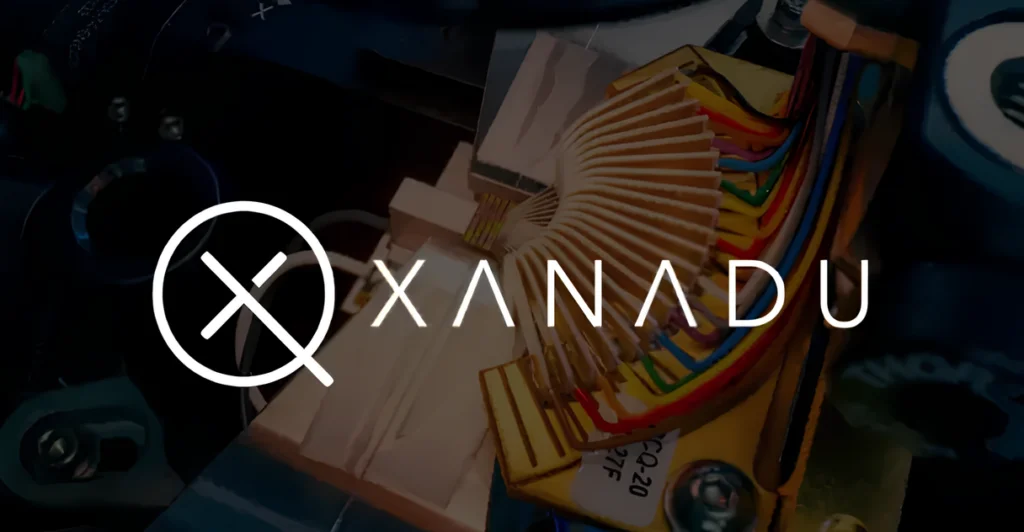Insider Brief
- Quantum computing offers auditors faster, more efficient data analysis but presents significant cybersecurity risks, especially concerning public key encryption.
- Nick Reese, Co-founder of Frontier Foundry, discussed this and the need for auditors to understand quantum computing’s unique aspects, such as superposition and entanglement, in a recent interview.
- Reese advises auditors to prioritize education and proactively integrate quantum computing into audit frameworks to stay ahead of the technology’s evolving impact.
Auditing, traditionally grounded in meticulous checks, has seen some fast technological shifts to date. Quantum computing is now emerging as the next gamechanger in the field. Nick Reese, Co-founder and COO of Frontier Foundry, went into detail on how this technology will transform the audit landscape in an insightful conversation with The Institute of Internal Auditors (IIA).
“Quantum computing is a new kind of computation that is entirely different, not better, not worse than the traditional computers we use every day,” explained Reese. Unlike conventional computers that process tasks sequentially, quantum computers utilize quantum particles to process multiple possibilities at once. This ability offers unparalleled speed and efficiency, but it also brings significant cybersecurity risks.
According to Reese, one of the main concerns for auditors is the potential misuse of quantum technology.

“We are going to need significant investment to have a quantum computer capable of threatening our cybersecurity,” he warned. The threat stems from quantum computers’ capacity to break public key encryption, a foundational technology that protects sensitive data. While quantum computers are still in developmental stages, Reese stressed that “internal auditors need to understand what the threat is and why it’s a threat.”
Reese pointed out that education is critical for auditors to stay ahead.
“Educating the auditing workforce is essential,” he said. Understanding the differences between quantum and traditional computers — especially concepts like quantum superposition and entanglement — will be vital. “Just knowing that quantum computing exists is not sufficient,” Reese added. “You actually have to understand why it’s different.”
Quantum computing also presents new opportunities for the auditing profession. On this, Reese said: “Quantum computers can run simulations on increasingly sophisticated and complex systems,” allowing for deeper insights and faster results. From risk assessments to fraud detection, quantum computing could help auditors analyze data in ways that were previously impossible.
As the technology evolves, Reese advises auditors to be proactive.
“Start with the education side and then walk down the road of how to include quantum computing in audit structures and frameworks,” he recommended. By understanding the technology now, auditors can prepare for a future where quantum computing reshapes the profession.
















